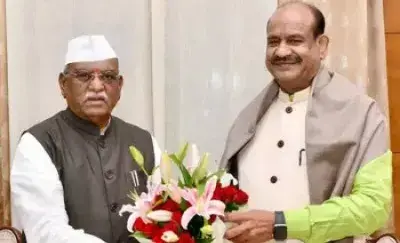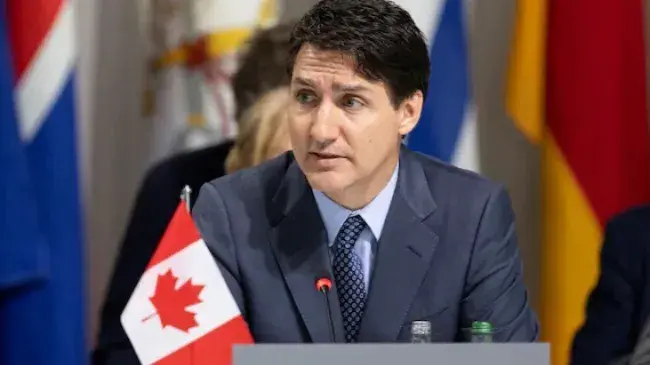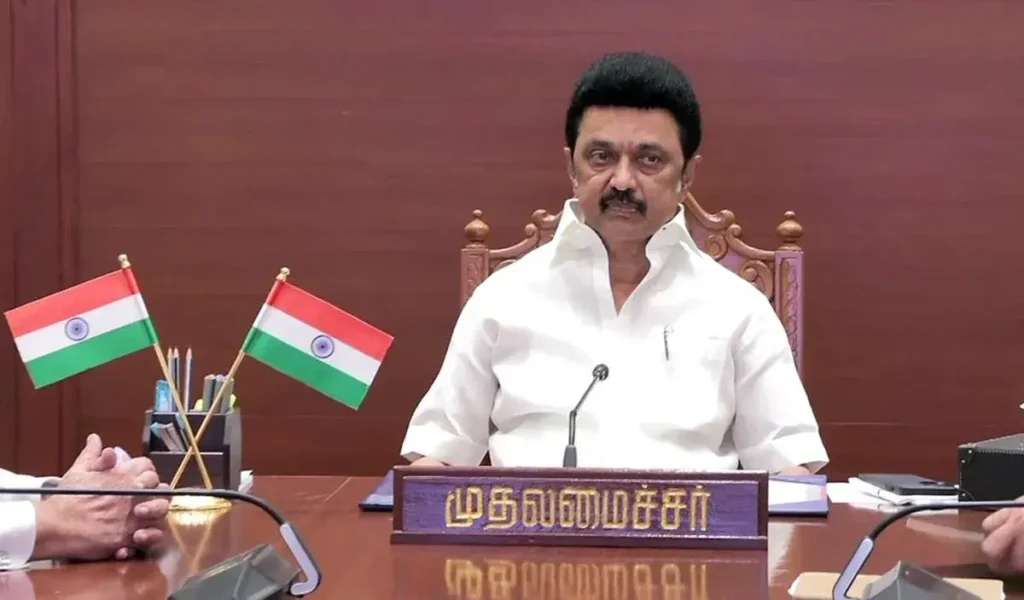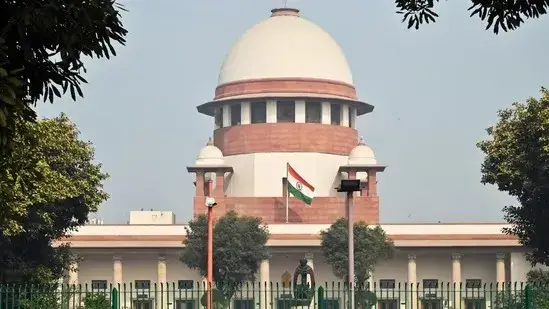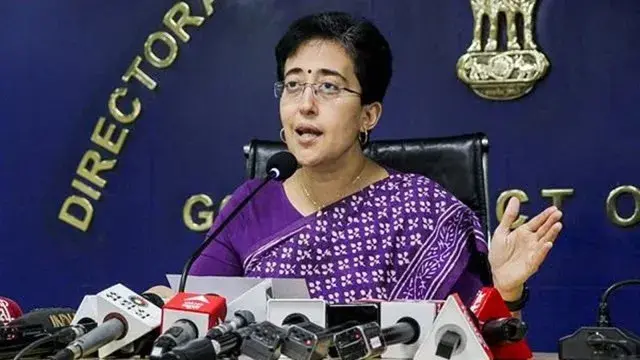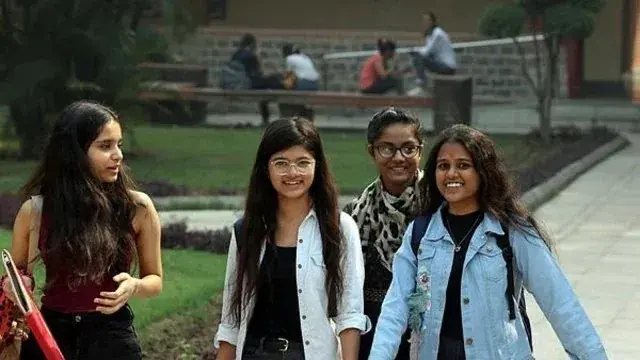Rajasthan Governor Haribhau Bagade Stresses Role of Education in Nation-Building at Ajmer Conference
Rajasthan Governor Haribhau Bagade emphasized the crucial role of education in nation-building, calling on teachers to prioritize the holistic development of their students. Speaking at the All India National Educational Conference in Ajmer, Governor Bagade highlighted that education should not be limited to intellectual skills but should also integrate co-curricular activities to foster well-rounded growth. “These activities help students gain practical knowledge beyond book learning, which is vital for their overall development and success in life,” Bagade stated. He stressed that practical skills and life lessons learned outside traditional classrooms are essential for building a solid foundation in students. The governor also underlined the importance of early childhood education received at home, noting that children acquire valuable skills from their mothers and families. “Children start learning special skills at a young age from their family environment, which greatly contributes to their future growth,” he said. Addressing the broader impact of education on the nation’s future, Bagade urged teachers to embrace cultural values and ideals in the Indian education system. He encouraged incorporating the moral teachings of great personalities like Maharishi Dayanand Saraswati, which, according to him, would enrich students’ education and promote their comprehensive development. “Teachers have a vital responsibility in shaping not just academic growth but the overall character and moral foundation of their students,” Bagade added. He concluded by reiterating that a strong, values-based education is key to driving the progress of the nation. Source: Business Standard

